FROM THE PASTOR’S DESK
Dear St. Mary’s Parishioners:
We all want happiness. It’s the universal truth, crossing all national boundaries, cultures, economic status, and religions. We cannot choose otherwise. All the decisions that we make each day, from the most minute to the biggest, all relate to that goal somehow. Even the mere act of getting up in the morning to a job we dislike, for example, is made to achieve happiness. The job allows me to earn a paycheck. The paycheck allows me to pay my mortgage. The mortgage gives me a warm, safe place to sleep and raise my family. Sleeping and being with my family makes me happy (at least when they are not getting on my nerves!). We all desire to be happy. Many of us make it our goal in life. However, for the Christian disciple, this type of happiness cannot be our main objective. This type of happiness will always depend on our circumstances. Our life experience tells us that we cannot control all of the events of our lives, as hard we try. We’re often left frustrated and sometimes, even bitter at our lives. We need a better definition of happiness.
Luckily, the Church has a rich answer. Fr. Robert Spitizer, who used to be the president of Gonzaga University in Washington, has done brilliant work on this subject. He wrote an entire book exploring happiness, titled, Finding True Happiness: Satisfying Our Restless Hearts. He brilliantly synthesizes the teachings of the ancient Greek philosophers such as Plato, Aristotle, and the great Catholic theologians of the Early Church like St. Augustine and St. Thomas Aquinas. We can think of happiness on four levels. The first (1) is “pleasure”, which is based on our sensual appetites and passions, like eating a delicious steak or driving a nice big truck. There’s a level of euphoria that we feel at this level of happiness is immediate but short lived. The second (2) level of happiness is more complex, called the “ego-comparative happiness.” It engages my higher abilities, like mastering a skill. The elevation of the self is the primary goal here. I feel a deep sense of achievement when I earn my black belt in jiu jitsu after years of practice. However, it can create a sense of comparison with others and a sense of jealousy, fear of failure and isolation can arise if I sense they are more talented people than me. The third level of happiness is called “contributive happiness.” This higher form goes beyond our mere ego, which characterized the other two. On this level, we seek the good of another person. We strive to make a positive difference in the lives of those around us. We focus on self-sacrificial love, the family, and the wider community. In other words, our lives, is the greater good, not the elevation of my desires. The fourth and last level is called “Transcendent happiness”. This reaches the depth of the human heart, from which flows our desire for the eternal qualities of unconditional truth, love, justice, and beauty. Here lies ultimate meaning. Happiness on this level is longer immediate and fading like the first level. No longer do my circumstances affect the core of my being. Happiness here endures through the darkness, pervades through the mountains and valleys of life, and runs deep like the Pacific Ocean.
The Christian seeks his happiness here. In fact, for us, this happiness even has a face – Jesus Christ. Now do you see why the blind man in this gospel this Sunday rejoiced? Our Lord asked him, “Do you believe in the of Man?” He answered and said, “Who is he sir, that I may believe in him?” Jesus said to him, “You have seen him, and the one speaking with you is he.” He said, “I do believe, Lord,” and he worshiped him. (Cf. John 9:34-38)
A Servant of Jesus Christ,
Fr. Brian J. Soliven
